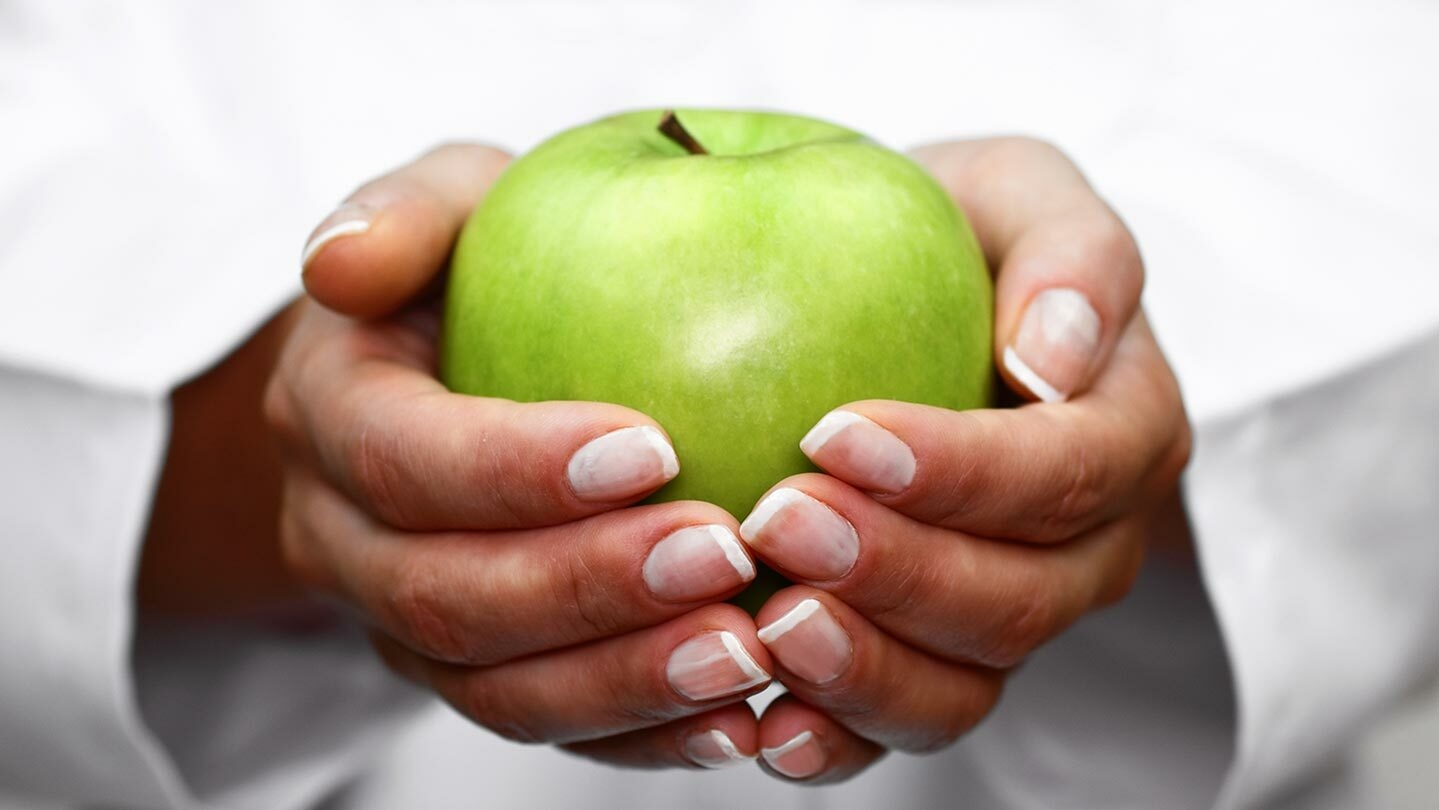A nutritional consultation is an opportunity to work closely with a trained nutritionist to improve the food you eat. The aim is to enhance your bodily functions, alleviate symptoms of illness and improve your lifestyle through nutritional intervention.
What is a nutritional consultation good for?
What to expect from a nutritional consultation
People have a nutritional consultation for various reasons. Some people simply want the opportunity to undergo a diet "MOT" to ensure they are eating correctly and to avoid illness. Other people have medical problems or are suffering from various symptoms that they believe can be alleviated by making nutritional changes to their diet. Other common reasons for undergoing a nutritional consultation include a desire to lose weight, digestive issues, skin complaints, low energy levels/lethargy, stress, fertility issues or a desire to do better in competitive sports.
You should only make major changes to the foods you eat with the help and support of your GP. Make sure the nutritional consultant you visit is fully-trained, too.
Before your consultation, the nutritionist will ask you to complete a comprehensive questionnaire. This questionnaire will focus on all aspects of your diet and lifestyle, medical history, any medication you are taking, current health concerns, and your goals.
She may also ask you to keep a food and drink diary for between three days and one week, documenting everything you eat and drink during that time.
Once you've completed your questionnaire and food diary, your one-to-one consultation will usually take between one and two hours. During this time, you'll talk through the questionnaire and diary, as well as discussing your lifestyle, current exercise regime, health concerns, family medical history, existing symptoms (where relevant) and your goals. You may also discuss any underlying emotional issues that may be affecting your mood, eating patterns or lifestyle.
Following this in-depth discussion, you may undergo some functional tests. These could include providing a hair, stool, saliva or blood sample for further analysis to determine hormone levels or any potential thyroid dysfunctions. Alternatively, you may undergo a pinprick blood test during the consultation to examine your cholesterol and blood sugar levels.
Once your nutritionist has a full and complete picture of your current nutritional, physical and emotional situation, she can develop an individual dietary plan for you to follow. This plan will include all the major food groups and be specifically tailored to your needs. She will make recommendations for all meals and snacks, and provide information highlighting which foods you should be eating more of, and which foods you should avoid, and why.
You may receive your recommendations straight away, or your nutritionist may send you the plans and proposed changes at a later date. This may be because of specific complex symptoms or issues that require more in-depth analysis.
If necessary, your nutritionist may also make recommendations for dietary supplements that she feels would be of benefit to you. These could include vitamins, minerals, fibre, fatty acids, or amino acids.
To get the most out of your nutritional consultation, be as frank and honest as you can be. The more complete a picture your consultant can get of your diet and lifestyle, the more tailored and helpful a regime they can develop for you.

Stylish Spy
10th June 2013
Spy Likes:
Minimalist lines; organic products; facial massage; tranquillity; interesting people-watching.
Spy Dislikes:
Discarded towels on loungers; steam rooms that aren't steamy; mobile phones.
